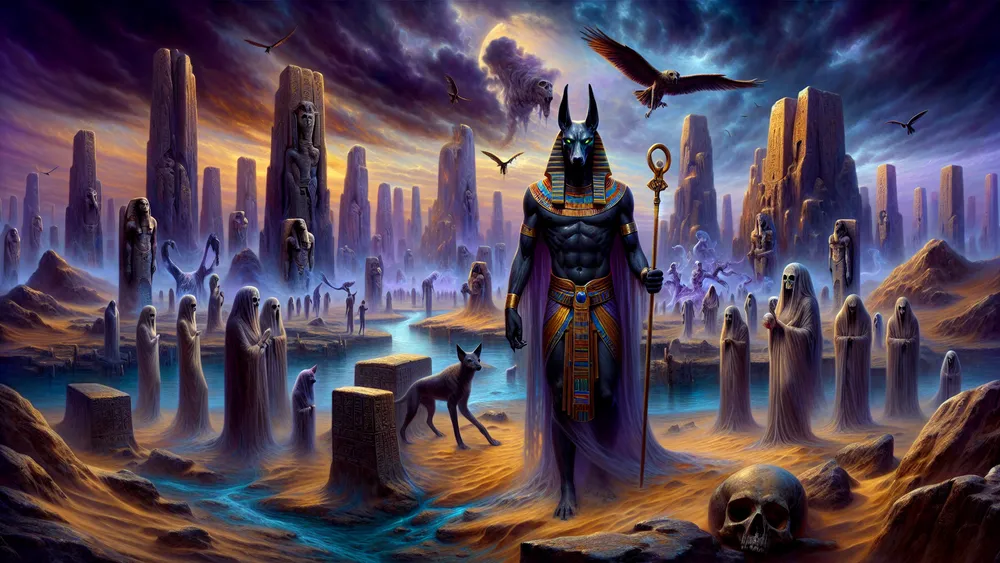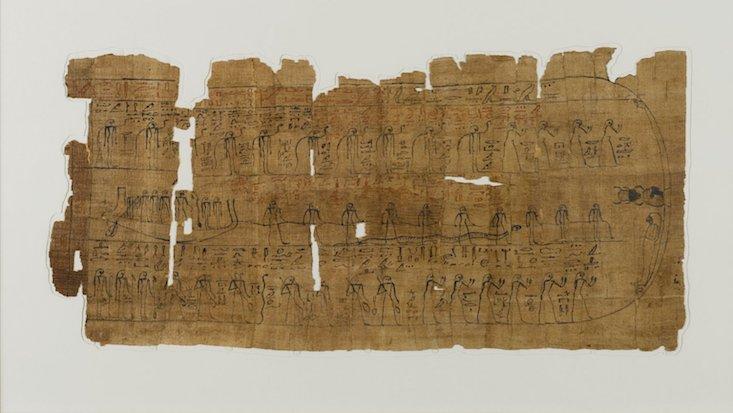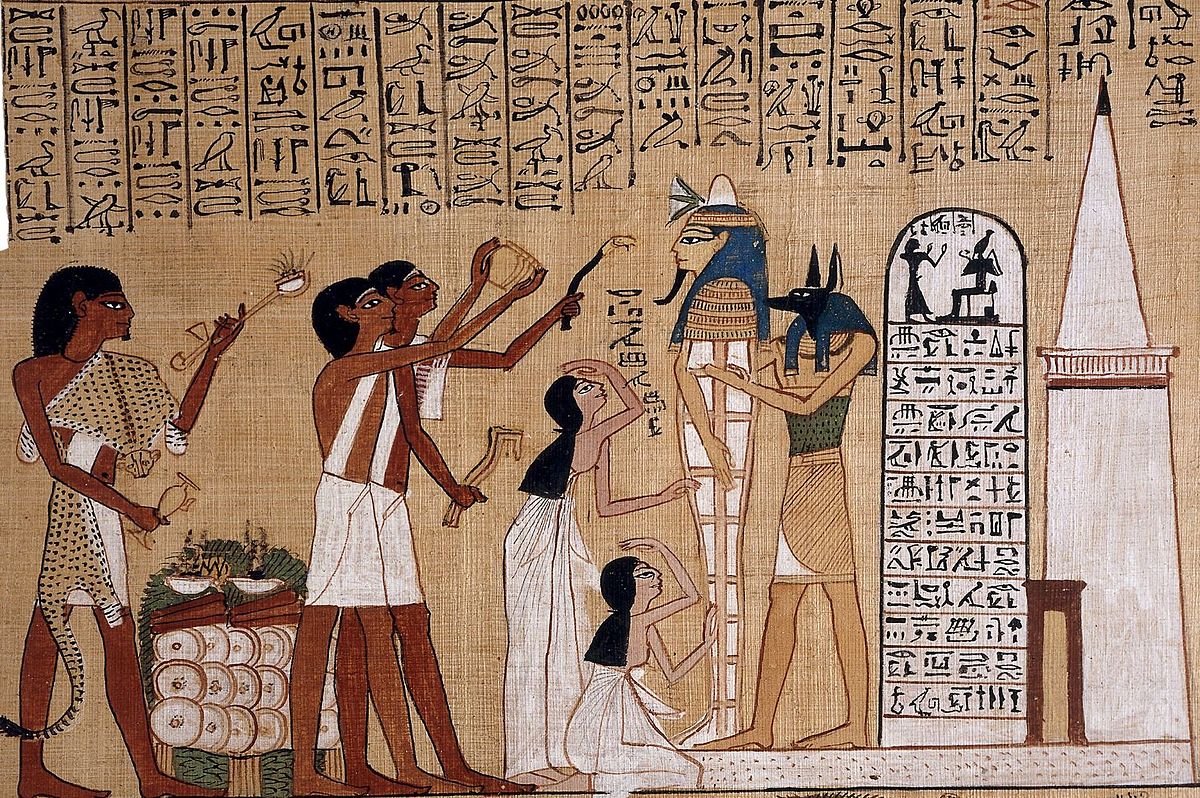In the tapestry of ancient Egyptian civilization, few elements are as rich and intricate as their beliefs about the afterlife. The ancient Egyptians, with their complex pantheon of gods and detailed rituals, envisioned the journey beyond death as a profound voyage through the underworld. This journey was not merely a transition but a rigorous process of judgment and transformation, reflecting their deep-seated values and understanding of morality and existence. This article delves into the fascinating world of the Egyptian underworld, exploring the rites, deities, and judgments that shaped their views on the afterlife.

The Underworld: Duat

Central to ancient Egyptian afterlife beliefs was the Duat, the realm of the dead. This underworld was depicted as a dark, labyrinthine space where the souls of the deceased embarked on a perilous journey. The Duat was characterized by a series of challenges and obstacles, reflecting the notion that the afterlife was as complex and fraught with difficulty as life itself.
The journey through the Duat was guided by a series of deities and symbols. One of the most significant of these was Osiris, the god of the underworld, who presided over the realm and played a crucial role in the judgment of souls. Osiris, often depicted as a mummified figure, represented both death and rebirth, embodying the promise of immortality for those deemed worthy.
The Book of the Dead: A Guide to the Afterlife

To navigate the perils of the Duat, the ancient Egyptians relied on a text known as the “Book of the Dead” (or “Pert em Hru” in Egyptian). This collection of spells, prayers, and instructions was intended to guide the deceased through the underworld and ensure a successful journey to the afterlife. The Book of the Dead provided detailed descriptions of the challenges faced in the Duat and the necessary rituals to overcome them.
Among the most famous spells in the Book of the Dead is the “Negative Confession,” where the deceased would declare their innocence of various sins before the gods. This declaration was crucial in the process of judgment, reflecting the importance of moral purity and ethical behavior in ancient Egyptian spirituality.
The Judgment of Souls: Weighing the Heart

The climax of the journey through the Duat was the Judgment of the Soul, a pivotal event where the deceased’s heart was weighed against the feather of Ma’at, the goddess of truth and justice. This judgment took place in the Hall of Ma’at, where the soul’s heart was placed on one side of a scale, and the feather, symbolizing truth, was placed on the other.
If the heart was lighter than the feather, it signified that the deceased had lived a just and virtuous life, and they were granted passage to the Fields of Aaru, a paradise-like realm of eternal happiness. However, if the heart was heavier, it was devoured by Ammit, a fearsome creature with the head of a crocodile, the body of a lion, and the hindquarters of a hippopotamus. This was a grim fate, as it meant the soul was condemned to non-existence, a fate worse than death in Egyptian thought.
The Role of Funerary Practices

Funerary practices were integral to the ancient Egyptian approach to the afterlife. Elaborate rituals, mummification, and burial customs were designed to ensure that the deceased’s soul was well-prepared for its journey. The preservation of the body through mummification was believed to be crucial for the soul’s survival and recognition in the afterlife.
Grave goods, inscriptions, and offerings were also significant, as they were thought to provide comfort and sustenance for the deceased in the underworld. These practices underscore the Egyptians’ belief in the continuity of existence beyond death and their commitment to facilitating a smooth transition to the next world.

The ancient Egyptian conception of the afterlife was a complex and deeply spiritual process that intertwined their beliefs about death, morality, and the divine. Navigating the Duat and undergoing the judgment of the soul were not merely metaphysical ideas but reflected the values and concerns of a civilization profoundly engaged with the mysteries of existence. Through their rituals, texts, and deities, the ancient Egyptians sought to ensure that the journey beyond life was one of transformation and, ultimately, transcendence. As we study these ancient beliefs, we gain not only insight into their spirituality but also a greater understanding of how different cultures grapple with the concept of life beyond death.